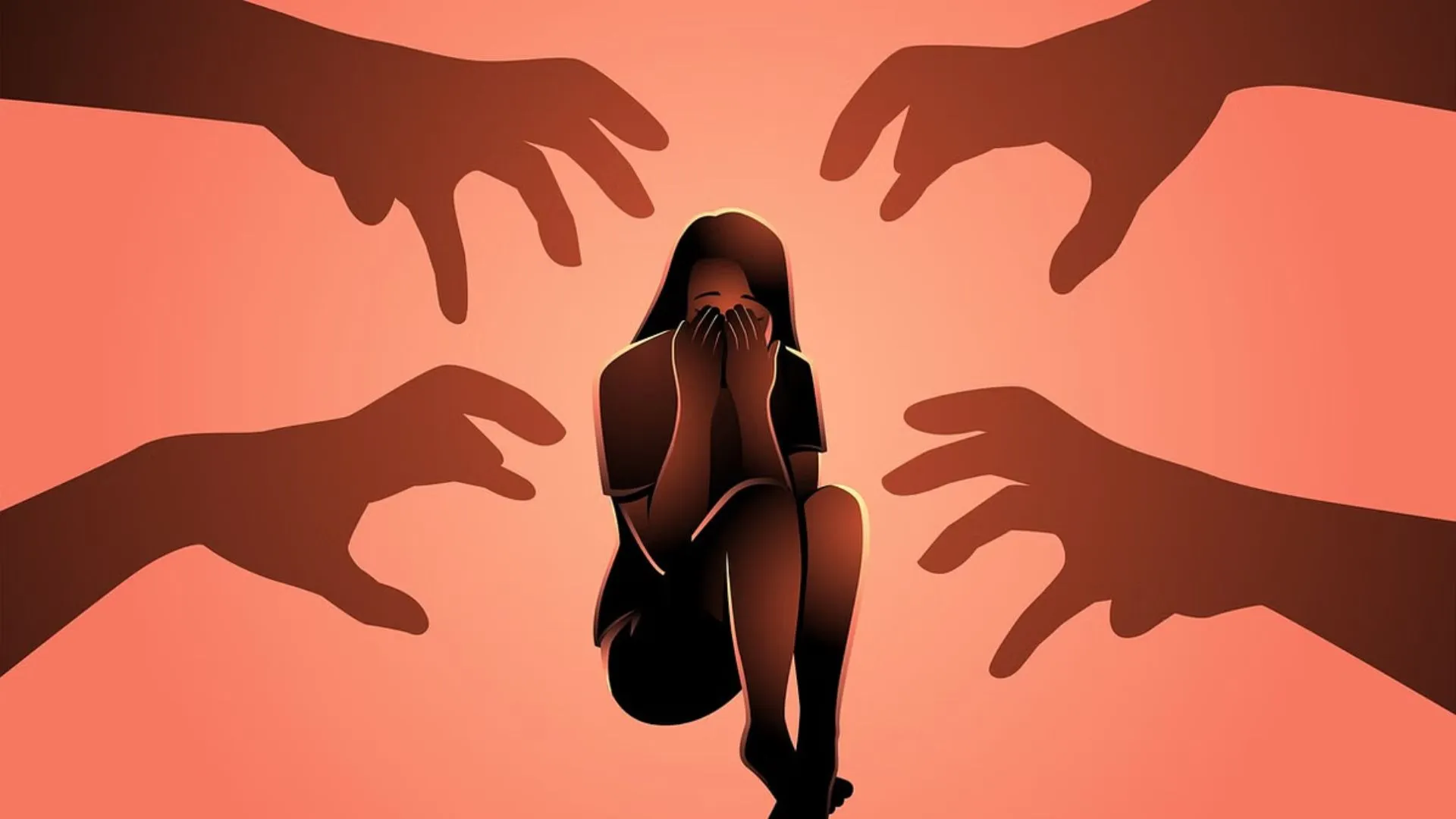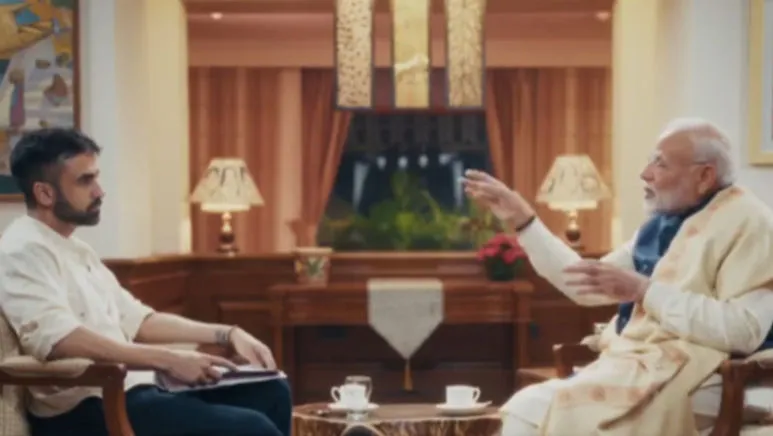Kadri Liik calls them “the offended generation”: The generation of Russians who, post the Soviet breakup, had reposed faith in the West and had great expectations of fairness from the free world. But starting with the expansion of NATO and then the EU, this generation found that the realpolitik of the West was almost always at a cost to fledgling Russia. They are the reason that Crimea happened, and Crimea is central to the story that Russia today has a CCP (Chinese Communist Party) problem.
On 19 February 1954, the peninsular Province of Crimea was transferred from the Russian Republic to the Ukrainian Republic, for administrative convenience. In 1991 (along with Ukraine’s Independence Referendum), and then again in another referendum of 1994, Crimeans voted to rejoin Russia, but were not allowed to secede from Ukraine. Less than 3 months after the Ukrainian President Viktor Yanukovych rejected an ongoing negotiation for Ukraine to enter the EU, and just one day after Western Powers had actually endorsed an accord recognising his legitimacy as President, he was ousted on 22 February 2014 by Ukranian Europhiles. Many events followed in response to that development. The 3rd Crimean Referendum was one such. And, as a result, Crimea reverted to Russia. Although the West had eagerly backed many other referendums by States opting to leave the Russian fold, they did not recognise this reversemovement referendum. No surprises there, but now comes the twist in the tale.
Overtly, the Chinese Communist Party (CCP) remained neutral on Crimea in the UN, but in one-onone meetings, CCP covertly expressed solidarity with Ukraine against Russia. CCP used the divide to bolster its own presence in Ukrainian Business, but didn’t stop there. Even in the Sea of Azov, which has traditionally been considered to be a Russian lake, CCP waded into the Ukrainian ports of Mariupol and Berdyansk, offering dredging assistance. Russia has not taken kindly to this at all, which might explain Moscow’s alignment in the developing India-CCP border conflict.
More important for Moscow, indications are now also emerging that CCP had actually stoked the West, behind the scenes, even as late as 2016, in painting Russia as the Centre-StageVillain of the World, using Crimea. By getting Russia and the West embroiled in quasi-conflict these last few years, CCP tied down the attention of both. More importantly, CCP got the West to isolate Russia. CCP couldn’t have asked for more. As Matthew Dal Santo puts it, ‘the West’s isolation of Russia has caused Moscow to acquiesce to an expanded Chinese presence it would once have resented’. And that is exactly why CCP played the Crimea card behind Russia’s back in every Western capital. There is increasing evidence that at about the same time that the UK became the loudest European mouthpiece against Russia in Europe, many of their political elite were actually being remotecontrolled from Beijing. The same suspicions surround many prominent politicians in the US, who were loud in their criticism of Russia.
Crimea is not the first time that CCP has exploited fault-lines to draw benefit at Russia’s expense. Here is a short list of the top few. In the rise of CCP, ‘Deception’ has always been in unbroken flow. Embarking on undeclared but festering border skirmishes on the Amur River with USSR, Beijing played its masterstroke of a Soviet Bogey which made US geopolitical emotion towards CCP take a U-turn in 1968- 69, from outright hostility to golden amity: Nixon’s 1972 opening to Mao’s CCP thereafter put Beijing on the track to ascendency. Much later, at the nadir of Russian fortunes postbreak-up, when experts in every field were jobless overnight, CCP literally sucked away all the brains of Russia, and used them to build up what is now a formidable military-industrial base.
In the era immediately after the Soviet break-up, CCP worked assiduously to replace Moscow’s influence in every part of the globe. Even though their success rate at that stage is moot, there are no doubts today that they have been successful in eating into what had traditionally been the Russian sphere of influence, which is naturally unnerving Moscow.
Even in areas where balance of trade appears to favour Russia, matters are not hunky dory. Russia had remained CCP’s largest arms supplier from the 1990s till 2018, but the range of products have steadily reduced, till only niche items are still being imported. Every item that CCP bought, they also soon became self-sufficient in, jettisoning Russian sources and partners soon thereafter. CCP has unashamedly copied Russian military hardware, and today, CCP has surpassed Russia to become the world’s second largest arms producer. In nearly every dimension, CCP already towers over Russia. Russia can spoil CCP’s overland ambitions, but as long as the West keeps Russia isolated, Russia will be forced to deepen economic ties with CCP.
Till the Wuhan pandemic struck, there was some people-to-people goodwill among Russians for the Chinese, but that too seems to be a thing of the past. In February, over one third of all Russians had become anti-CCP in their outlook. After Russia closed its land borders with China, CCP has not only had to protest Russian ‘discriminatory measures against ethnic Chinese’ but they have also faced huge losses for their companies inside Russia. Now, the Russians are astute diplomats. And good diplomats predict the future with uncanny accuracy. If a military altercation takes place — and the ‘if’ seems ever more likely to be a ‘when’, given that CCP is messing with too many nations — when a military altercation takes place with another country like Taiwan or Japan, the Russians know that if CCP comes up victorious, the next territorial target for CCP is Russia. This is almost axiomatic and Russia knows this: so whatever be the next altercation that CCP gets into, they must not come out on the top.
While the Russians are astute diplomats, the CCP seems to have lost the ability to engage diplomatically; but the world must remain true to the traditional framework to give them an ability to reverse direction. And if they choose not to, then we must be prepared to work collectively to respond. As Australian MP, Dave Sharma says, ‘it is time to rehabilitate Russia, and time for bold statecraft led by the US but supported by all Western allies’. Indeed, Trump has already invited Russia, India, Australia and South Korea into the G7, despite opposition from countries such as Canada.
The future is often difficult to predict, but in this case, it is certain that an ascendant CCP will lead to a bleak future for the rest of the world, especially for almost every one of CCP’s neighbours – Russia included. But will the West accept that Crimea happened for reasons of Russian insecurity and not ambition? On that could well depend the future of the World. Russia’s CCP problem is actually a part of the world’s CCP problem.























